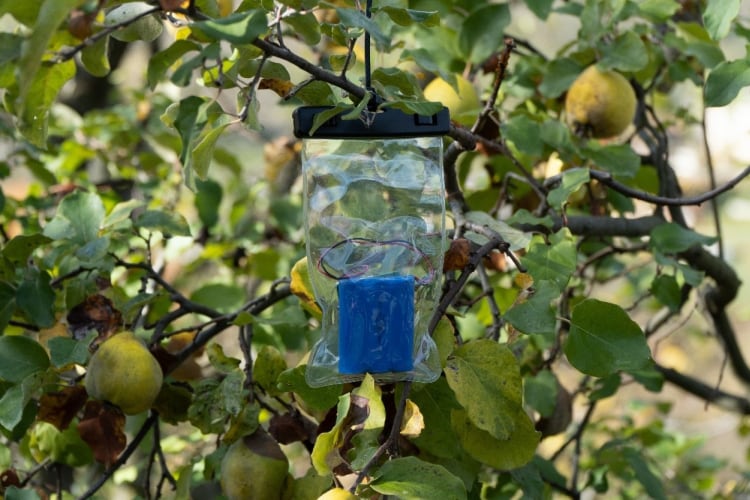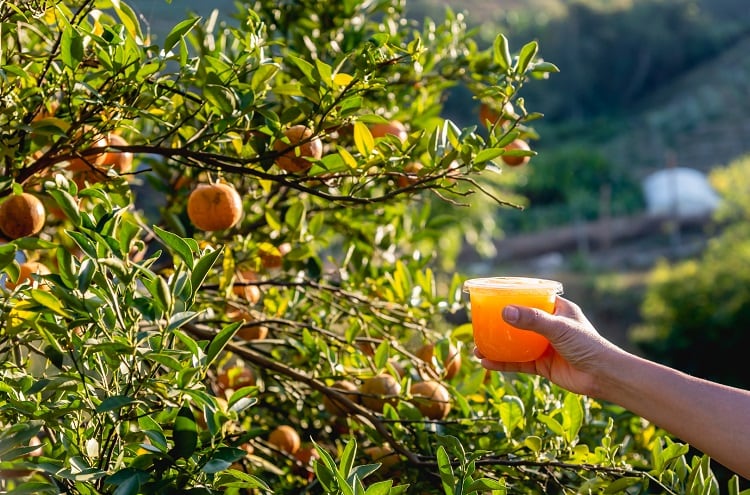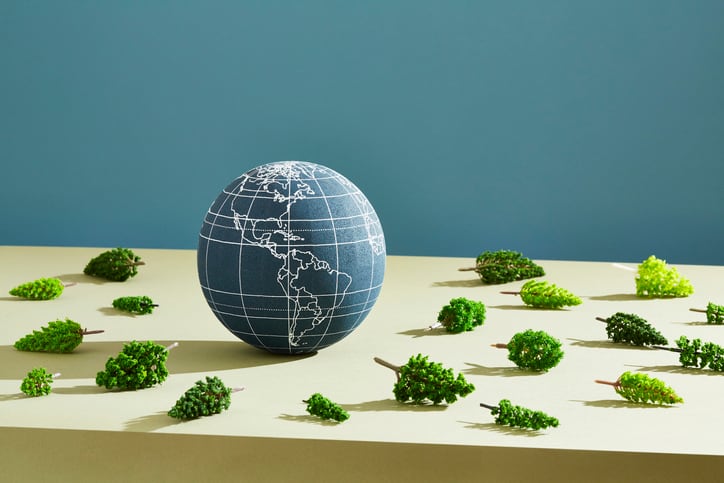On our current trajectory of habitat loss and global warming, scientists predict that nearly 40% of all species on Earth will face extinction by the end of this century. The ongoing talks taking place at the United Nations’ COP15 on biodiversity have shown that new protections and better enforcement mechanisms are urgently needed – but barriers like financing still remain.
According to the UN, we have around a decade to avert the Earth’s sixth mass extinction and if we are successful, transformational change is required in how we produce food.
Intensive industrial agriculture has had a devastating impact on global biodiversity, WWF Italy stressed. In 2021, the UN Environmental Program (UNEP) reported that the global food system is the primary driver of biodiversity loss, with agriculture alone responsible for 86% of the extinction-level threats facing 28,000 species. Moreover, 80% of global deforestation, 60% of fresh water usage, and 23% of greenhouse gas emissions are attributable to the impact of agriculture.
The European Commission has recognized that agricultural biodiversity is on the decline in the EU, responding with a common agricultural policy that includes the aim of enhancing the variety of species, habitats, and landscape features found in EU farmland ecosystems.
In this context, WWF Italy, Rainforest Connection, and Huawei Italy recently renewed collaboration on the Nature Guardian series of area-based conservation projects. The second phase aims to study agriculture's impact on biodiversity in Italy using innovative audio-monitoring technologies.
Audio-monitoring to compare conventional and organic production systems
"Thanks to the renewed collaboration with Huawei and Rainforest Connection, we will conduct bioacoustic surveys that will allow us to compare the biodiversity of the agricultural areas managed with organic methods within WWF Oases with those of other neighbouring agricultural areas managed using conventional methods," explained Benedetta Flammini, Marketing & Communication Director of WWF Italy.
The project sees twenty-four offline RFCx AudioMoth edge devices deployed to record the sounds of different animal species over 12 months in eight agroecosystems: Valle dello Sporeggio, Bosco di Vanzago, Ghirardi, Ripabianca di Jesi, Calanchi di Atri, Lake Penne, Monte Sant'Elia, and Lake Preola/Gorghi Tondi.
The collected data is sent to a Huawei cloud platform for analysis by the Rainforest Connection Arbimon tool, with the analytics function trained to recognize the calls of target species. The resulting data insights, which would be impossible to acquire through conventional manual methods, will be used to study the characteristics and trends of biodiversity in agroecosystems, including the relationship between different farming practices and nature conservation.
Data-driven insight to guide best practice
The project's data-driven insights are intended to help guide future best practices for sustainable agriculture, including balancing the needs of nature and people and promoting a food supply system that is resilient, inclusive, sustainable, and healthier, the project participants stressed.
"At Huawei, we embrace the objectives of the European Green Deal and the 'farm to fork' strategy," said Wilson Wang, CEO of Huawei Italy.
Huawei is offering its services as part of its TECH4ALL digital inclusion initiative that aims to ‘leave no one behind in the digital world’. It focuses on four domains: enabling equity and quality of education, conserving nature with technology, enabling inclusive healthcare, and development. "By placing our technology at the service of these objectives, we want to contribute to the creation of a more sustainable food system, preserving the richness and variety that Italy can boast in terms of wildlife and habitats in agricultural environments,” Wang stressed.
Running from the Alps to Sicily, the selected sites in the second phase of the Nature Guaridan project include apple orchards, vineyards, olive groves, citrus groves, wheat fields, and land intended for the cultivation of cereals and vegetables.
Launched in 2021, the first phase of the Nature Guardian project covers three protected WWF Oasis sites in Italy: Lake Burano, Orbetello Lagoon, and Astroni Crater. Forty-five offline AudioMoth and 10 online Guardian devices were deployed to study biodiversity and detect illegal activities such as poaching, unauthorized dirt bikes, and logging.
So far, the results have been positive. The system has identified 49 species of birds and mammals and generated 2,000 real-time alerts on potentially illegal activities. The alerts have led to more than 30 field checks, one of which resulted in the destruction of poaching equipment in December 2021 by the Italian police and WWF.




